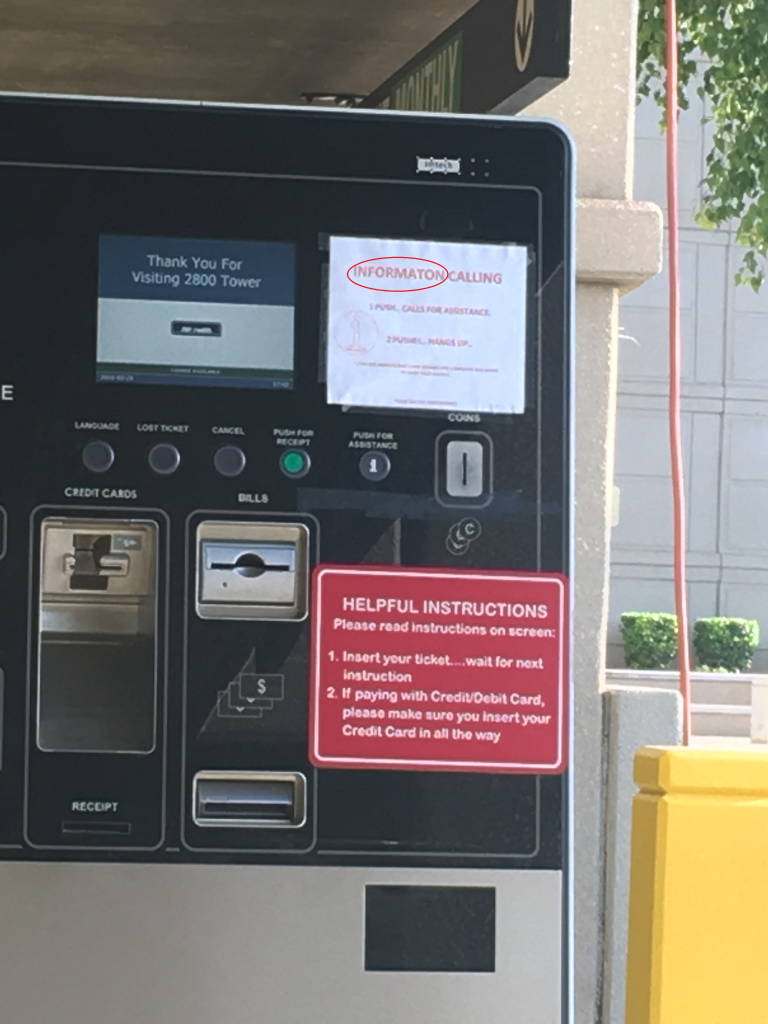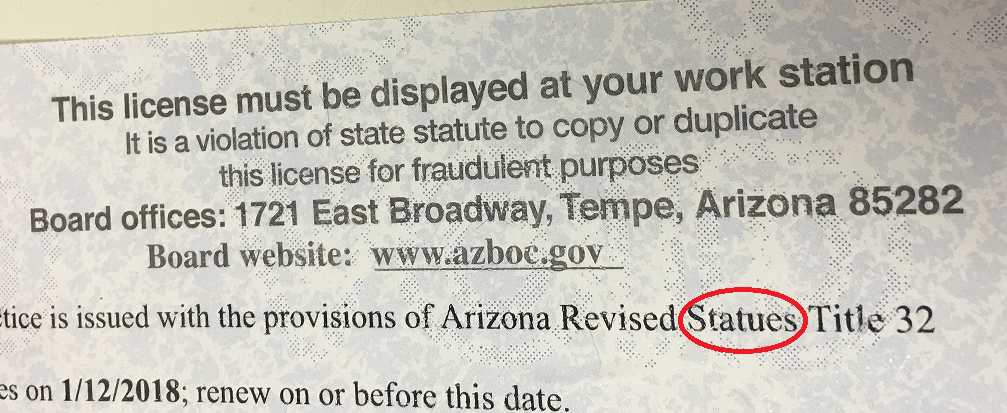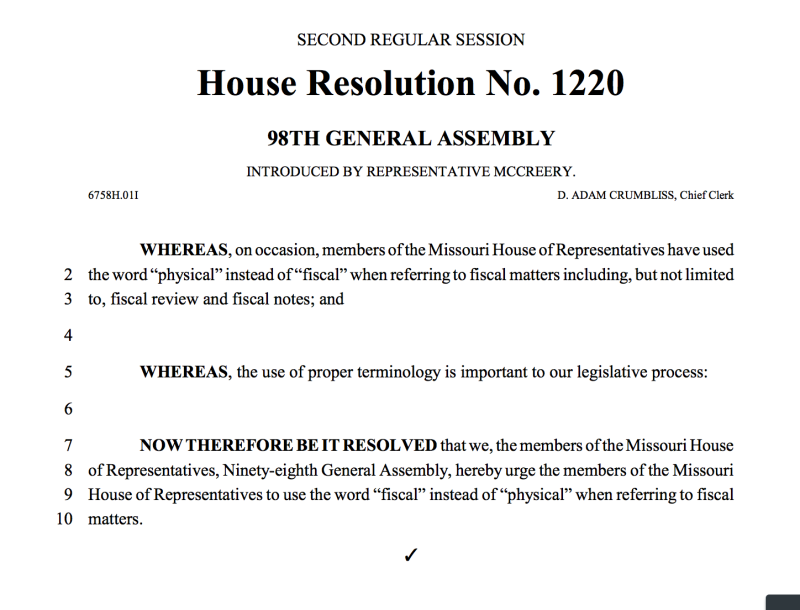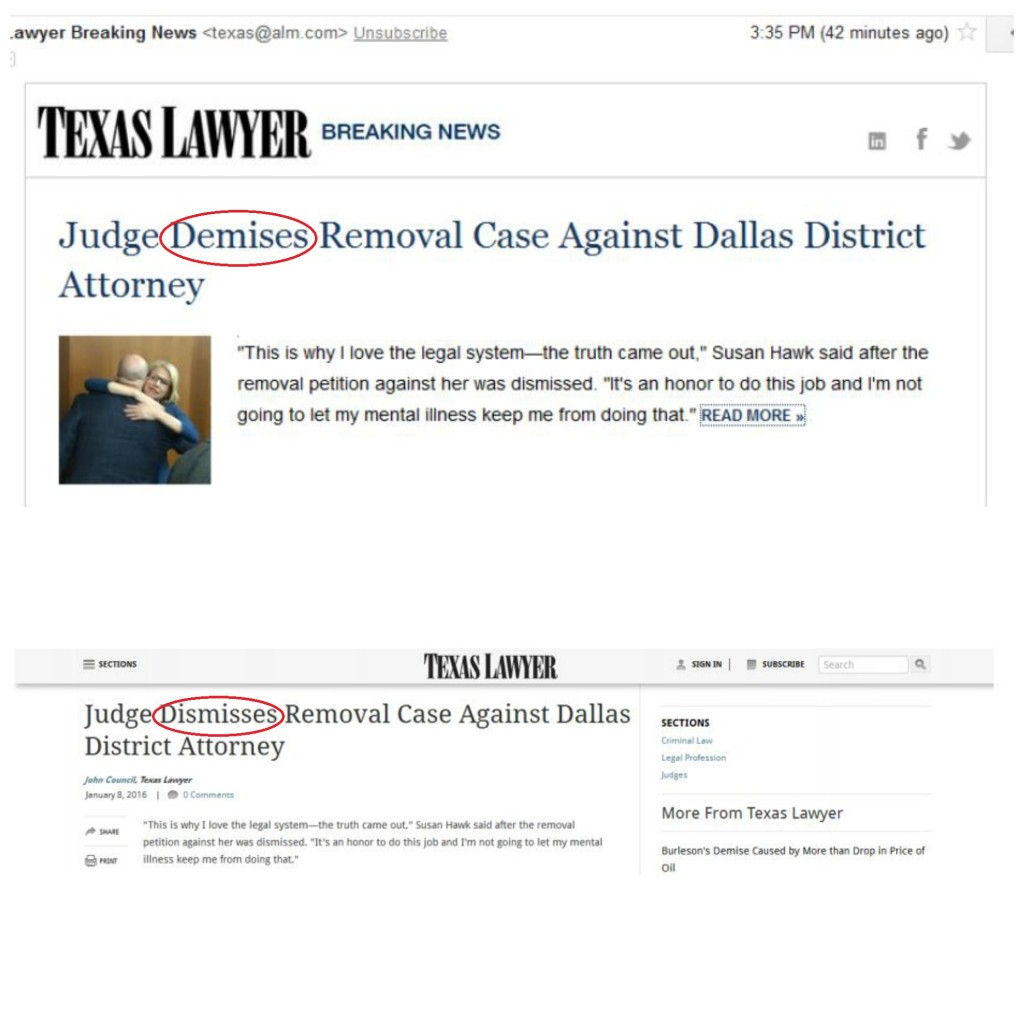 The Associated Press Stylebook (AP Stylebook) is used by journalists as their style guide for writing just as The Gregg Reference Manual (a NALS resource for its certification exams), the Chicago Manual of Style, and Strunk & White are used as style guides in law offices and other businesses. The AP Stylebook is regularly updated to reflect new acceptable writing styles. On June 1, 2016, the latest AP Stylebook will be released and includes these updates:
The Associated Press Stylebook (AP Stylebook) is used by journalists as their style guide for writing just as The Gregg Reference Manual (a NALS resource for its certification exams), the Chicago Manual of Style, and Strunk & White are used as style guides in law offices and other businesses. The AP Stylebook is regularly updated to reflect new acceptable writing styles. On June 1, 2016, the latest AP Stylebook will be released and includes these updates:
It appears that the change catching the most attention is no longer being required to capitalize internet and web.
Other interesting changes include:
- Accident or crash are both appropriate when describing a car wreck or a collision, but writers are warned to be careful where “negligence is claimed or proven.” When that is involved, it is best not to use accident as that implies that no one is at fault. In that case, it is best to use crash or collision. This seems that in the legal world, we will be using crash or collision more frequently.
- Claimed is a word that AP Stylebook suggests avoiding because if someone is claiming something, there is doubt. They suggest using said instead unless there really is doubt about what someone said (as in most legal situations). Again, I’m thinking that claimed will survive just fine in the law office.
- The AP Stylebook also has a problem with the phrase alleged victim because it implies there is doubt that the person is a victim. They recommend using victim or complainant. That sounds like legal language to me.
- Shopping sprees are OK, but the AP Stylebook does not approve of killing sprees.
- Notorious can mean “famous in a bad way,” although some think it means simply “famous.” The AP Stylebook suggests that when you use notorious or notoriety, your meaning is clear by your context.
- Sending an instant message, or an IM, can now be used as a verb and uses an apostrophe to make it more clear, as in IM’d or IM’ing.
- Use ride booking or ride hailing rather than ride sharing if you are calling Lyft, Uber, or another similar service. You are, after all, booking or hailing a ride and not sharing it.
- The AP Stylebook suggests that the word prostitute not be used when a child is involved, such as child prostitute or teenage prostitute, because it implies that the child “is voluntarily trading sex for money,” when, in fact, they legally cannot.
- Since the word mistress does not have a male counterpart and means different things in different parts of the world, the AP Stylebook suggests using companion, friend, or lover instead, whichever best fits the situation. “Whenever possible,” the new entry says, “phrasing that acknowledges both people in the relationship is preferred: The two were romantically (or sexually) involved.
- The phrase exponential growth actually means progressively larger (5 percent this year, 10 percent next year, etc.) and not just fast growth.
- Media is now singular or plural depending on the meaning and context.
- The Chicago train system is the L not El and no quotation marks are necessary.
- Voicemail is now one word.
- Rather than using the term transvestite, the AP Stylebook suggests using cross-dresser.
- Do not use a number of alarms when referring to a fire, i.e., a four-alarm fire.
- New words added to the AP Stylebook include dashcam (one word), normcore (a blend of normal and hardcore) and is defined as a fashion trend “characterized by unpretentious, unisex, average dressing”; horchata (chilled Spanish and Mexican drink—I’ve had this and it is delicious!); Uniqlo (a Japanese retailer of casual wear); and mescal (clear liquor from Mexico made from a variety of agave plants).
While most law firms and the legal field in general does not subscribe to the AP Stylebook style, I think it is a sign of other potential changes to be made to the English language in other style guides. I will actually start using the new lowercased internet and web as I agree with the AP Stylebook that these terms have become generic in today’s language. Just remember that anyone taking a NALS certification exam must continue to capitalize them until The Gregg Reference Manual makes the same change.


 Follow
Follow







 Do you really think typographical errors don’t matter much? I read an article recently from The Washington Post about a typo that thwarted a $1 billion cyber heist on a Bangladesh bank. It seems that the hackers broke into the Bangladesh central bank’s system in February and stole the credentials necessary to authorize payment transfers. They used the Federal Reserve Bank of New York (“FRBNY”) to make nearly three dozen hefty money transfers from the Bangladesh bank’s account with the FRBNY to other overseas financial institutions.
Do you really think typographical errors don’t matter much? I read an article recently from The Washington Post about a typo that thwarted a $1 billion cyber heist on a Bangladesh bank. It seems that the hackers broke into the Bangladesh central bank’s system in February and stole the credentials necessary to authorize payment transfers. They used the Federal Reserve Bank of New York (“FRBNY”) to make nearly three dozen hefty money transfers from the Bangladesh bank’s account with the FRBNY to other overseas financial institutions.